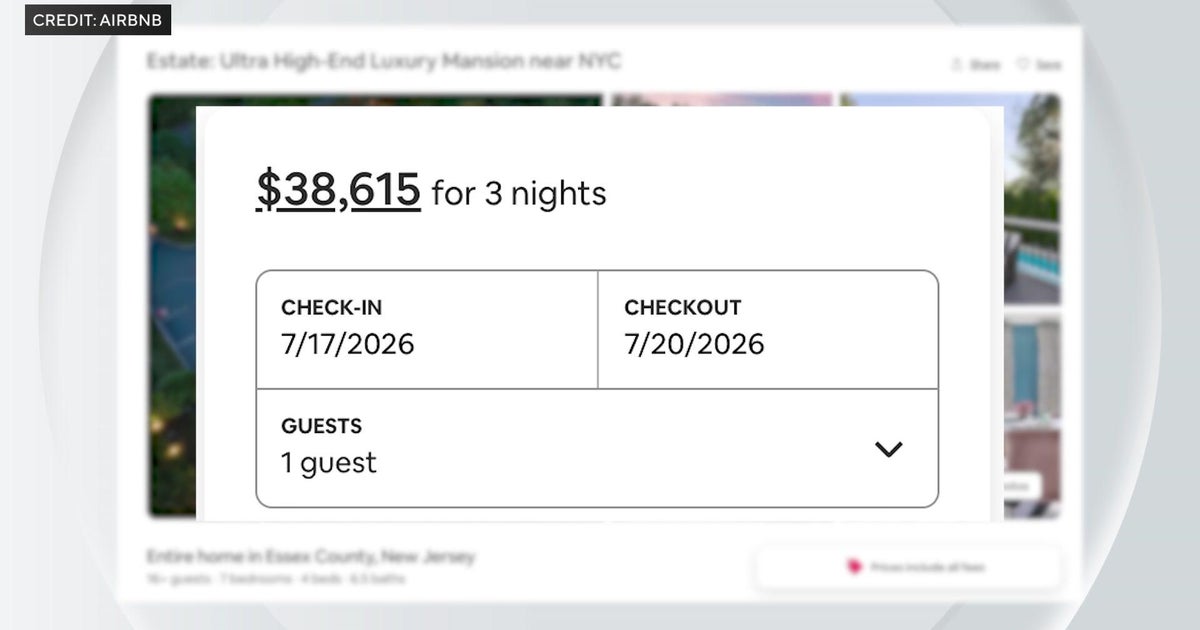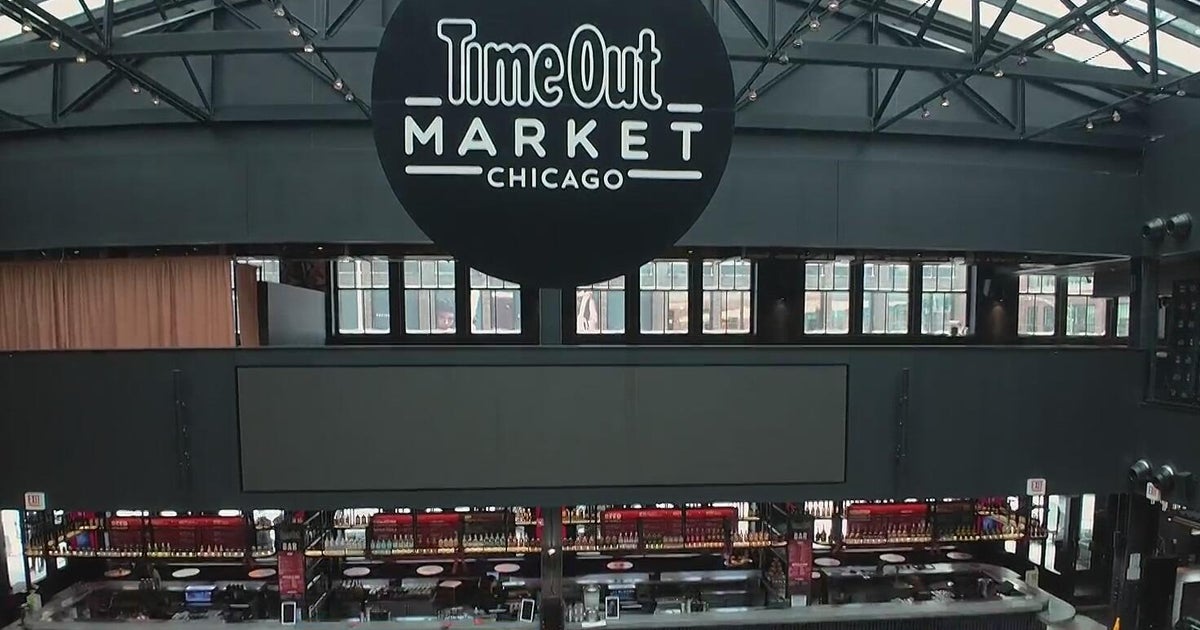Car buyers face sticker shock as dealers jack up prices on new vehicles
Car buyers are feeling the pain of sticker shock as dealers with low inventory raise prices on the vehicles they do have on their lots.
Because dealerships are making fewer sales, they're playing catch-up by marking up auto prices to levels that exceed manufacturers' suggested retail prices, according to a Washington Post report.
The price hikes, which come amid the most ferocious inflation in 40 years, are hitting consumers' wallets hard: More than 80% of U.S. car buyers paid above MSRP in January, according to auto market research firm Edmunds. That compares with less than 3% who paid a premium the same month a year ago and 0.3% in 2020. The average additional cost to consumers was $728, with some buyers of the most popular car models paying markups of as much as $10,000.
In the early days of the pandemic two years ago, automakers cut production as dealerships struggled to sell vehicles to homebound Americans, leading to a decline in vehicle prices.
"When the pandemic first hit, there were all these cars sitting on the lot and we weren't really going anywhere, and so folks didn't really end up buying them. And now as the world is starting to open up again we're experiencing some of these supply-chain issues," Washington Post reporter Jacob Bogage told CBS News Streaming.
Today's car buying landscape looks completely different. Semiconductor shortages and disruptions in global trade caused by the pandemic have made it hard for automakers to keep up with demand.
As a result, prices for both new and used cars have skyrocketed. The typical new car costs $46,404, according to Kelley Blue Book. Used car and truck prices have also shot up, jumping 37% last year — the average used vehicle now costs $29,000, according to Edmunds.
"There's not a lot of inventory left for some dealers. Because they're not making the same volume of sales, they feel they need to increase the price on the sales they do have," he explained.
Automakers threaten dealerships
Car makers are noon too pleased, with some of the largest manufacturers threatening to withhold deliveries to dealers if they don't adjust their sales prices to match the MSRP.
"If you're going to a dealership and buying a Ford above sticker price, the manufacturers are concerned you're going to think all Fords or all GMs or all of a certain brand are overpriced," Bogage said.
"Dealers want a lot of these on their lot and Ford is saying, 'Look, if you're not going to abide by our MSRP, our sticker price, then you're not going to get the cars you want to sell," he added.
For their part, car dealers don't want to drop prices so long as they have willing buyers.
"A dealer is saying, 'I know there are consumers who will pay this price," Bogage said.
This tension is leading some automakers to consider cutting out the middleman and selling vehicles direct to consumers, borrowing from the playbooks of electric vehicle makers like Tesla and Lucid.
"It's really attractive for these legacy manufacturers to see what they can borrow from these EV startups — see if there is some room to get into that line of sales themselves," Bogage said.





